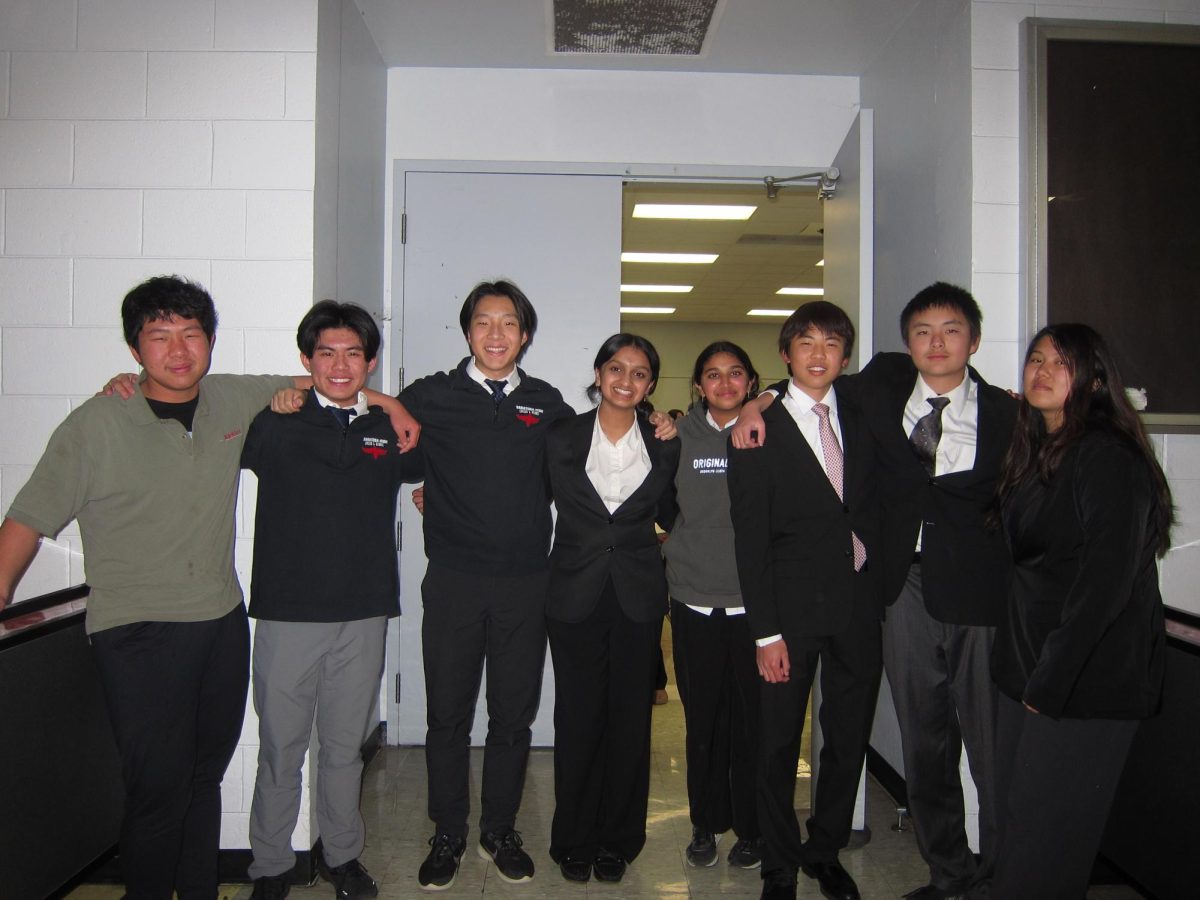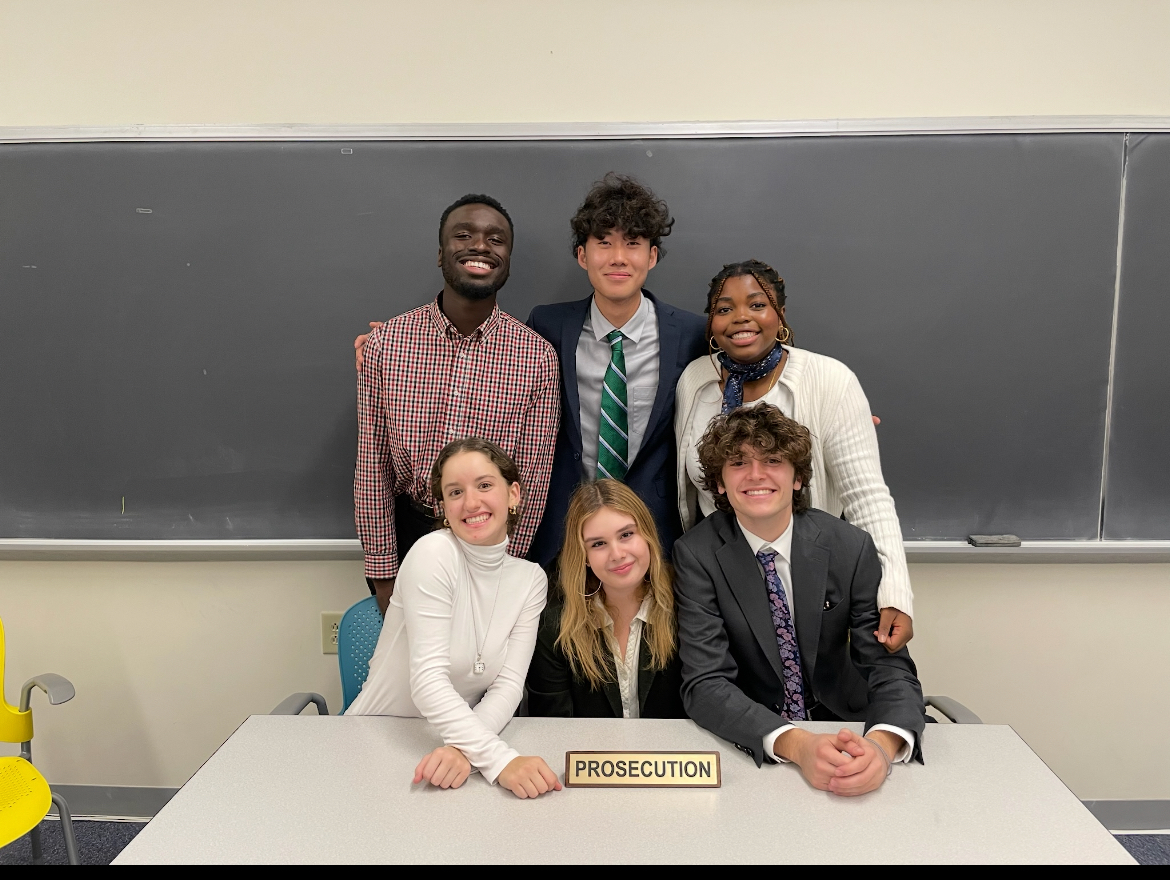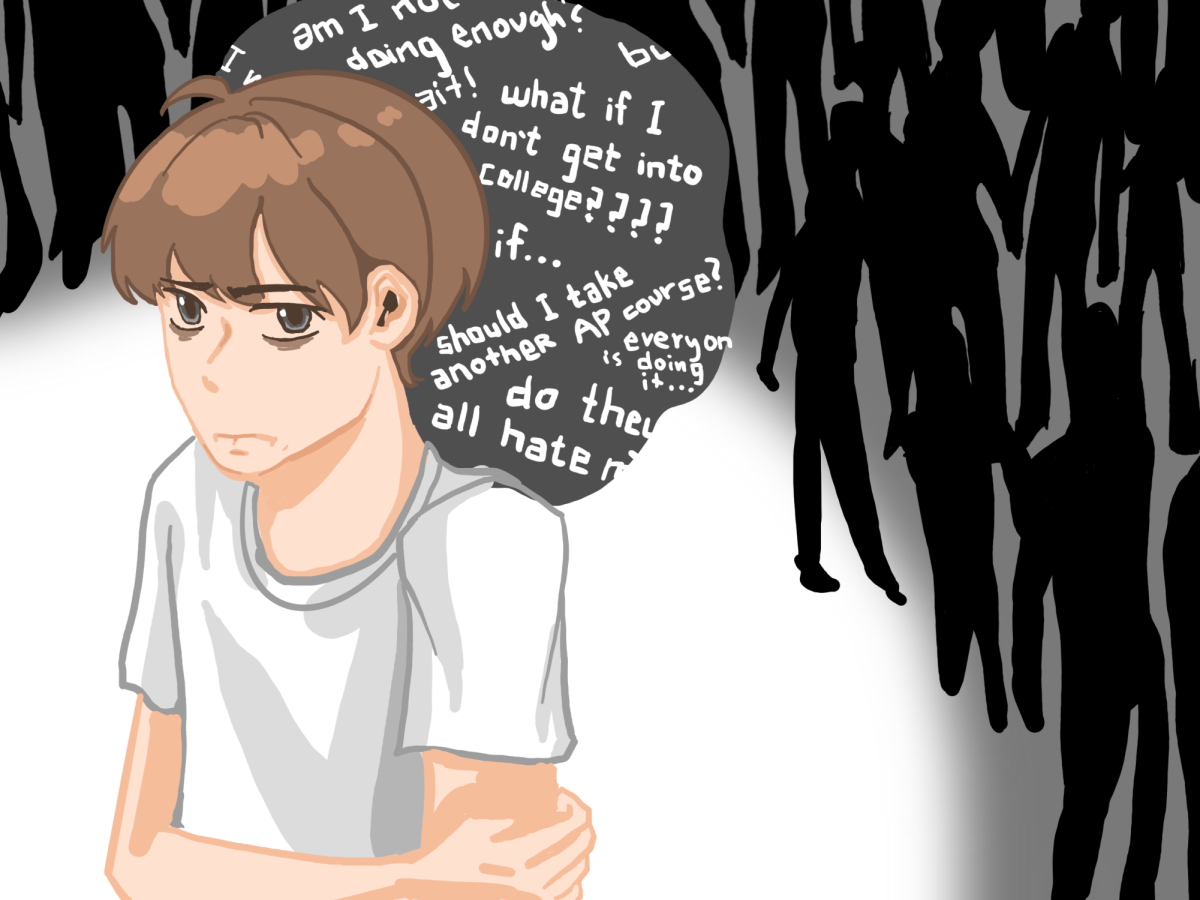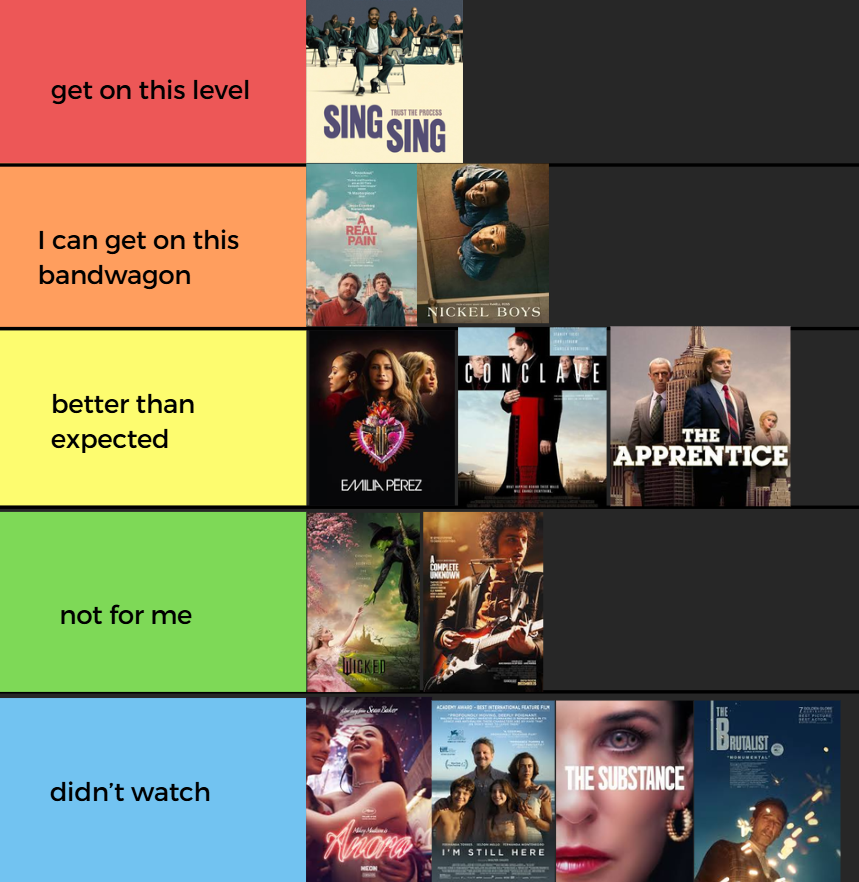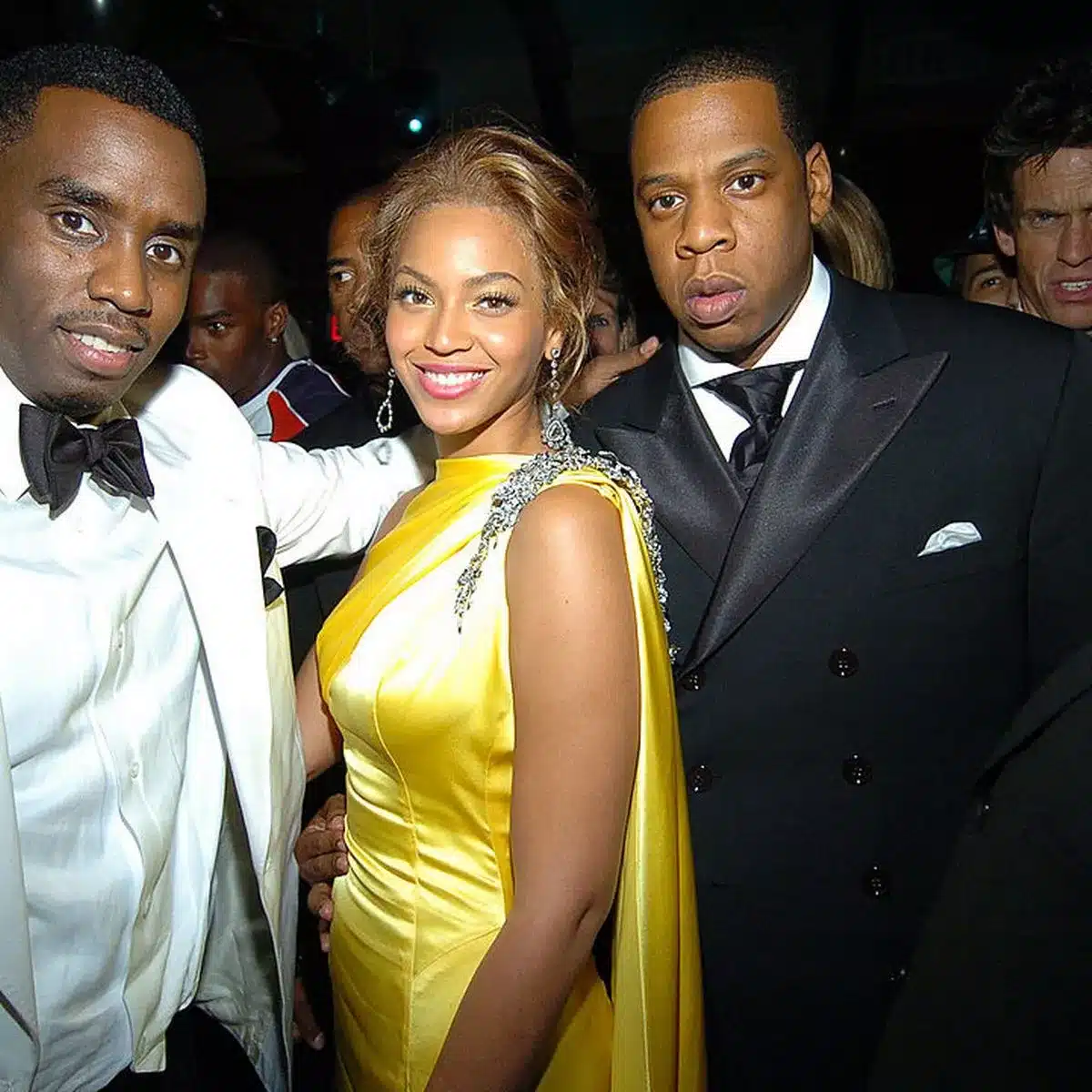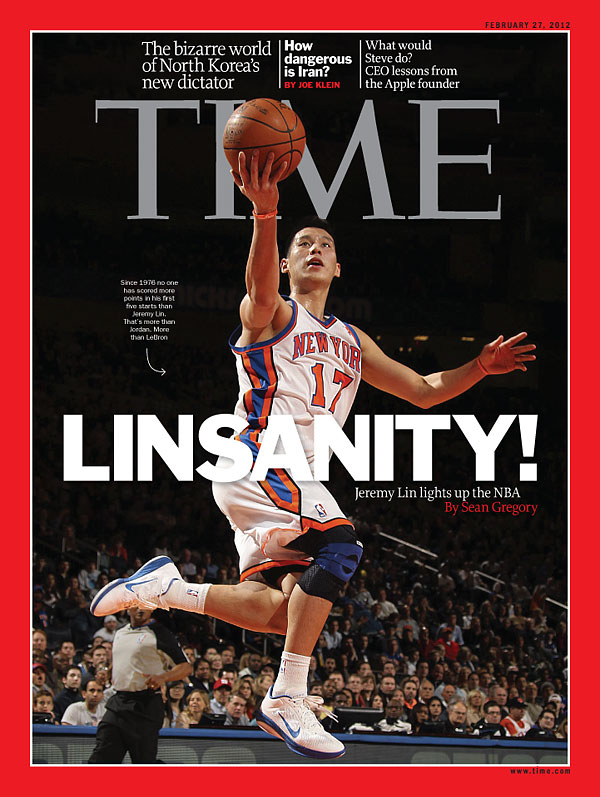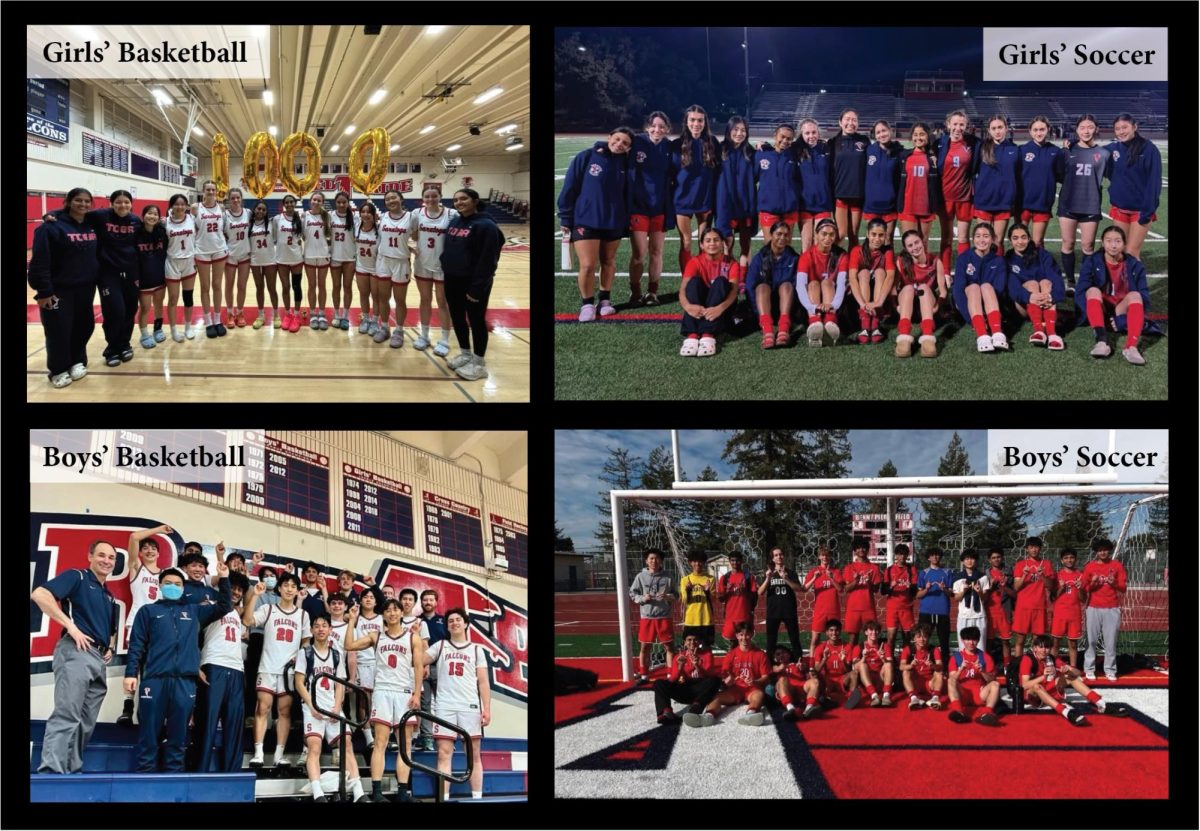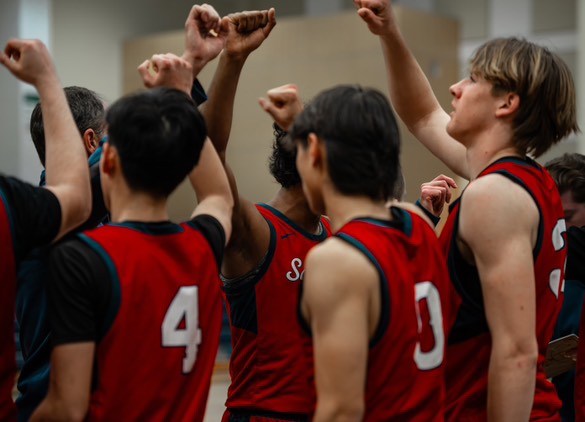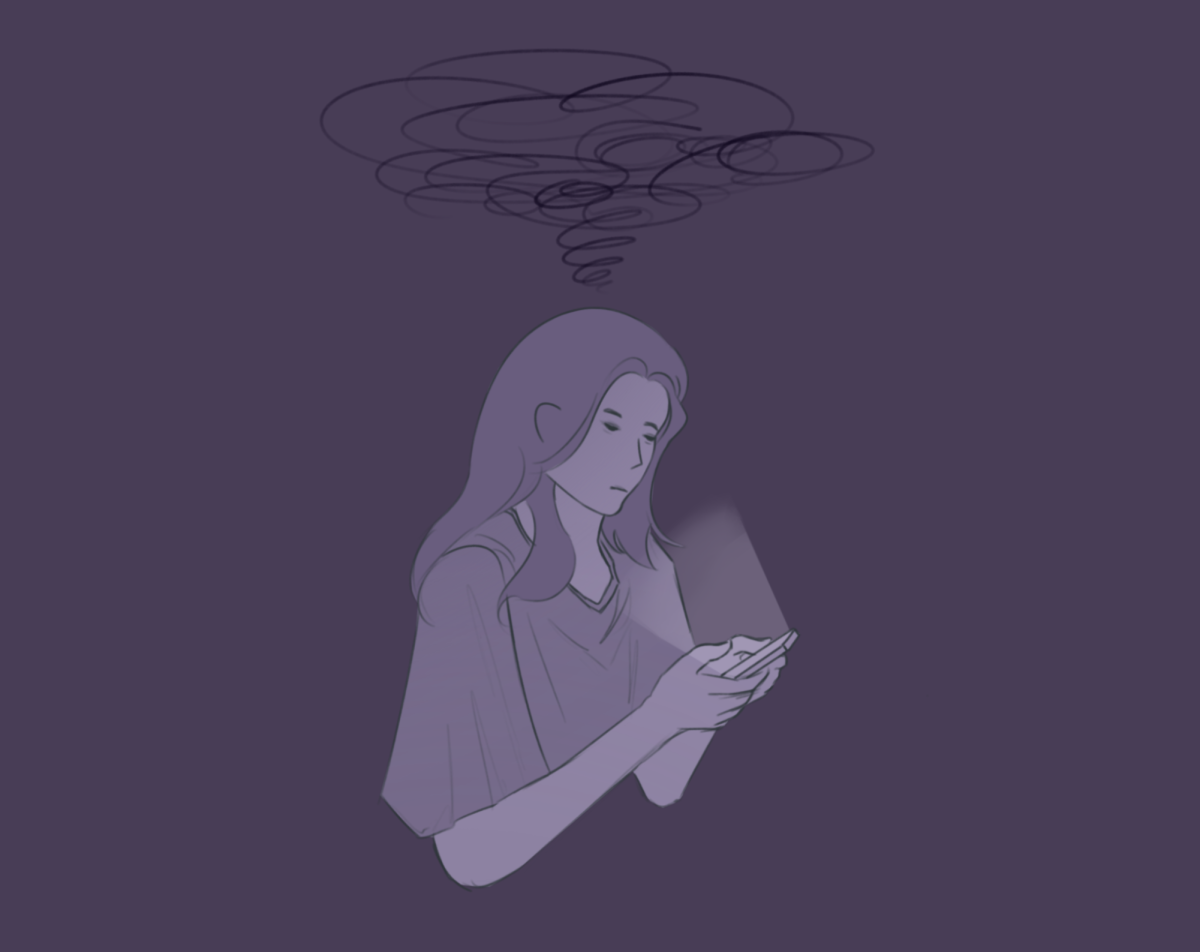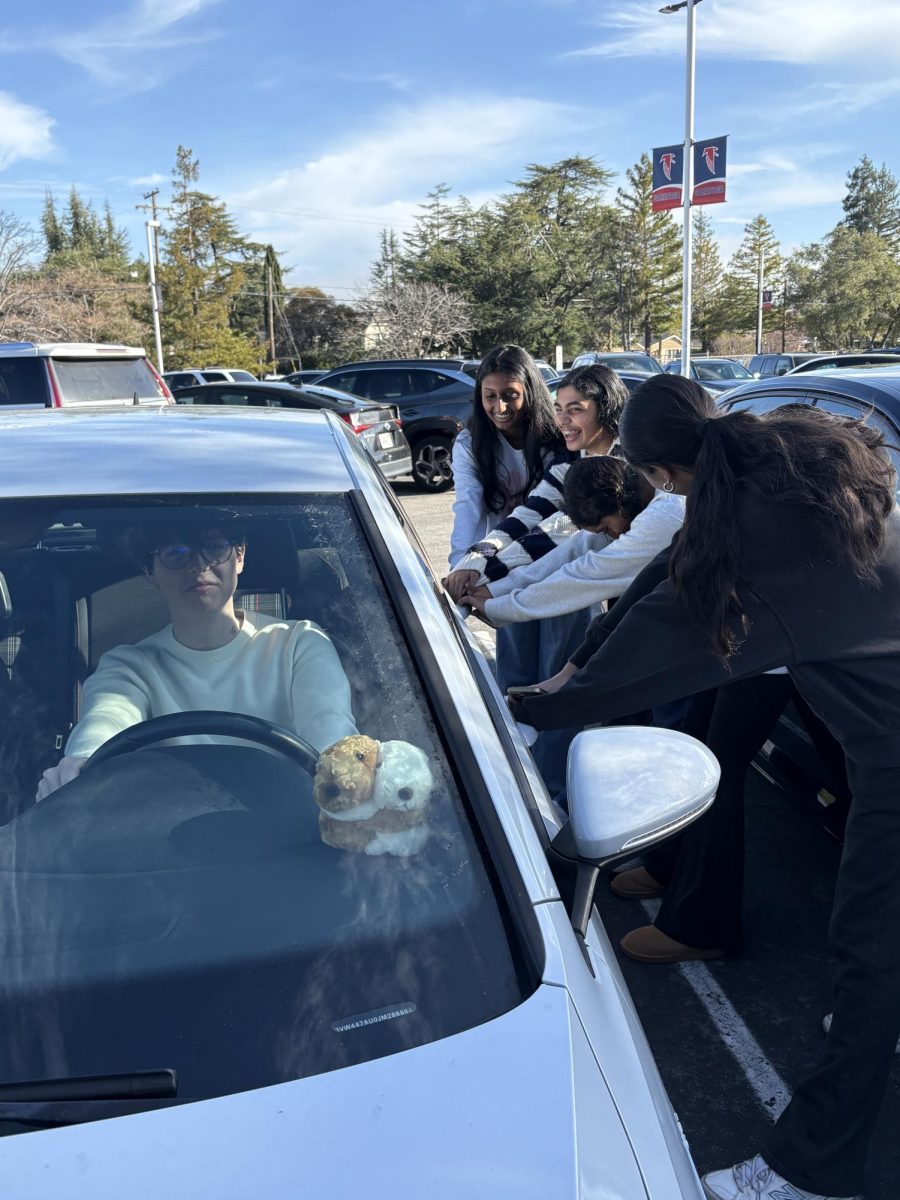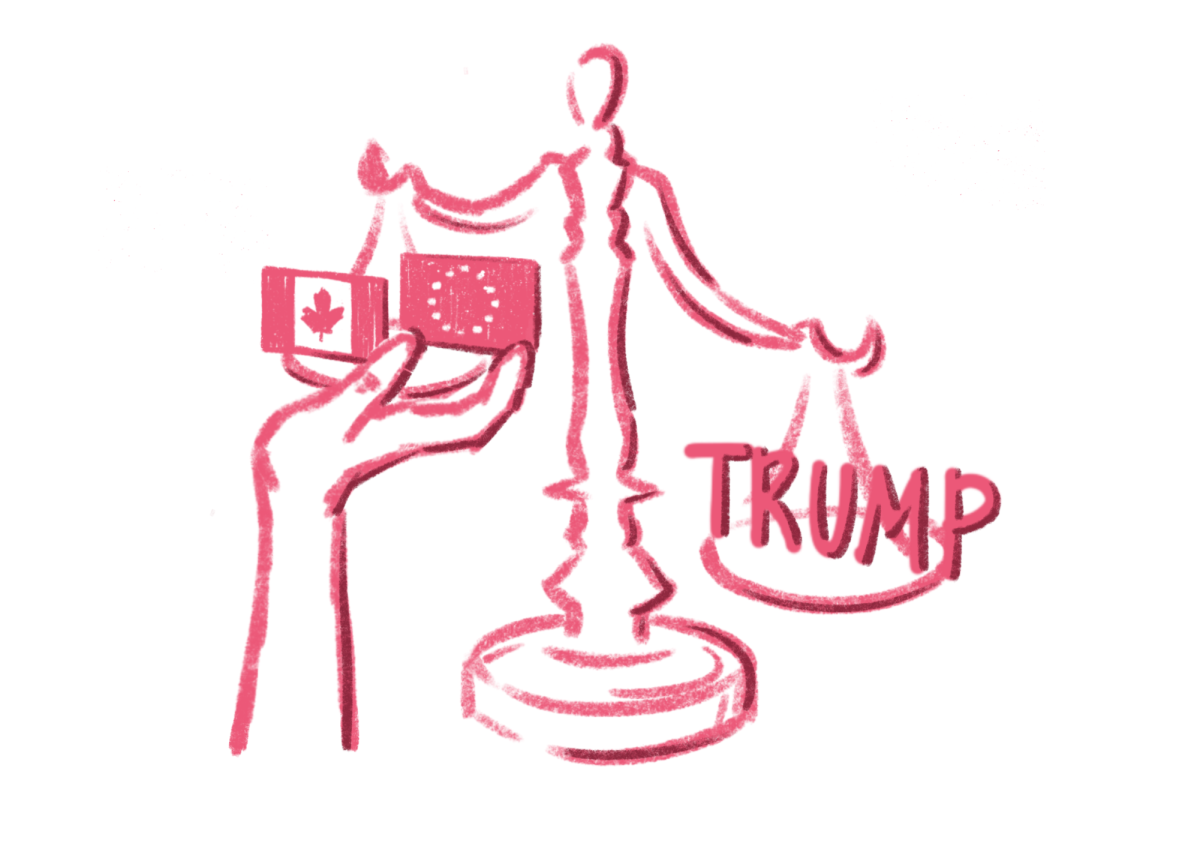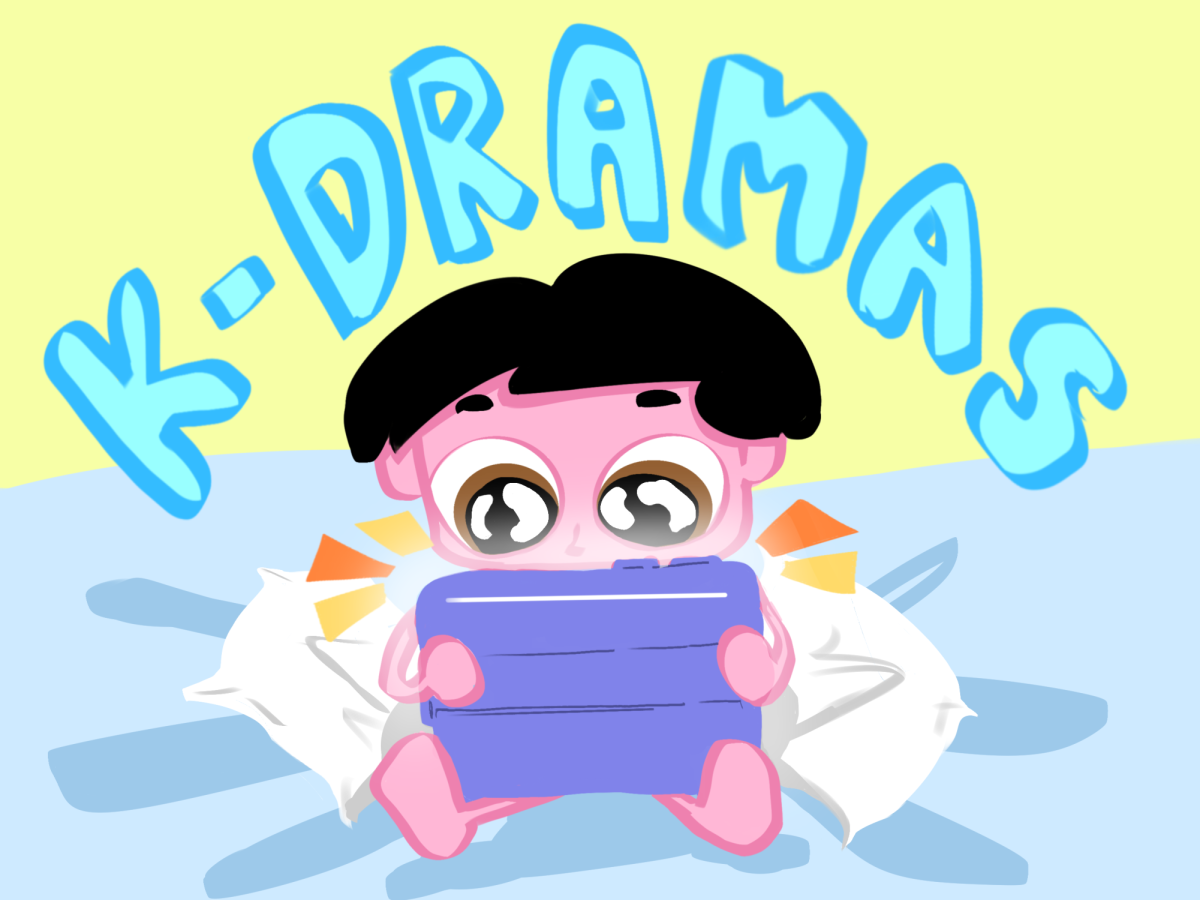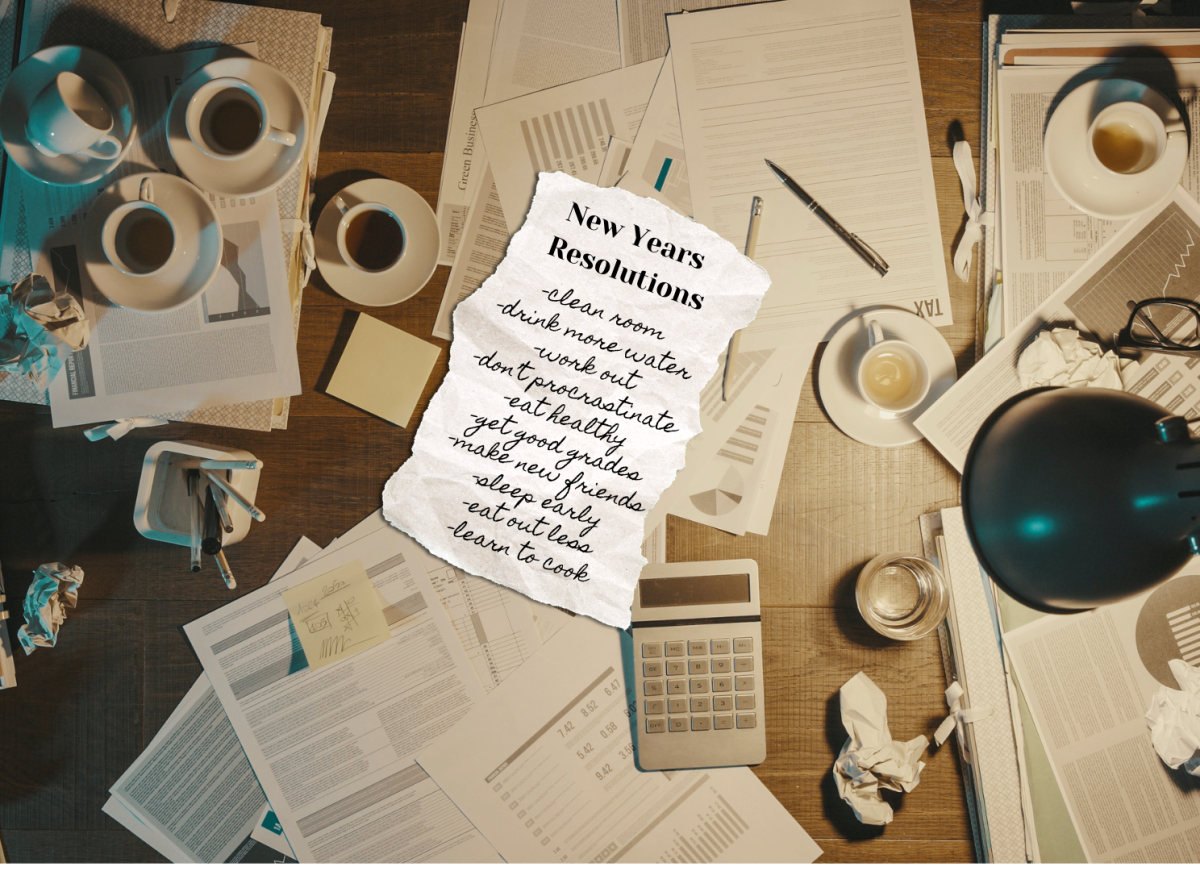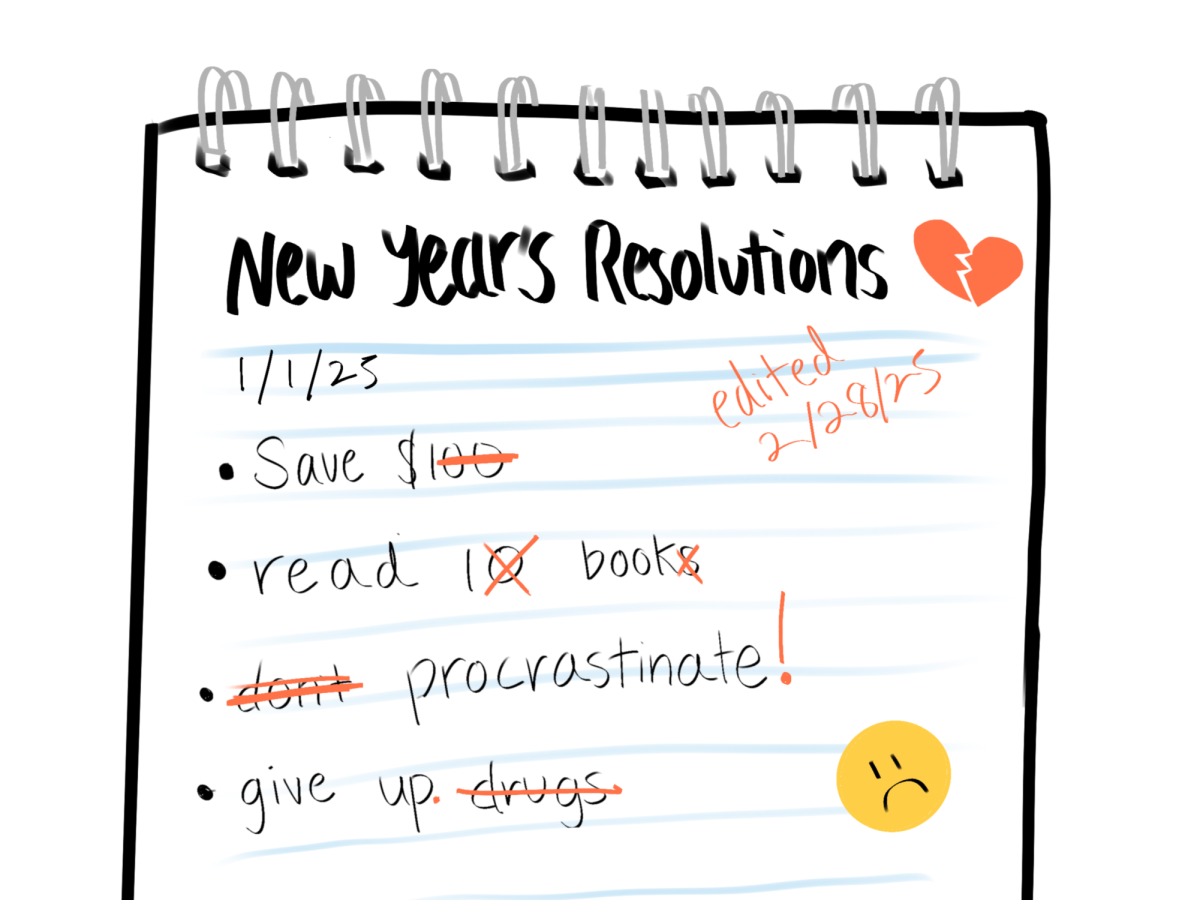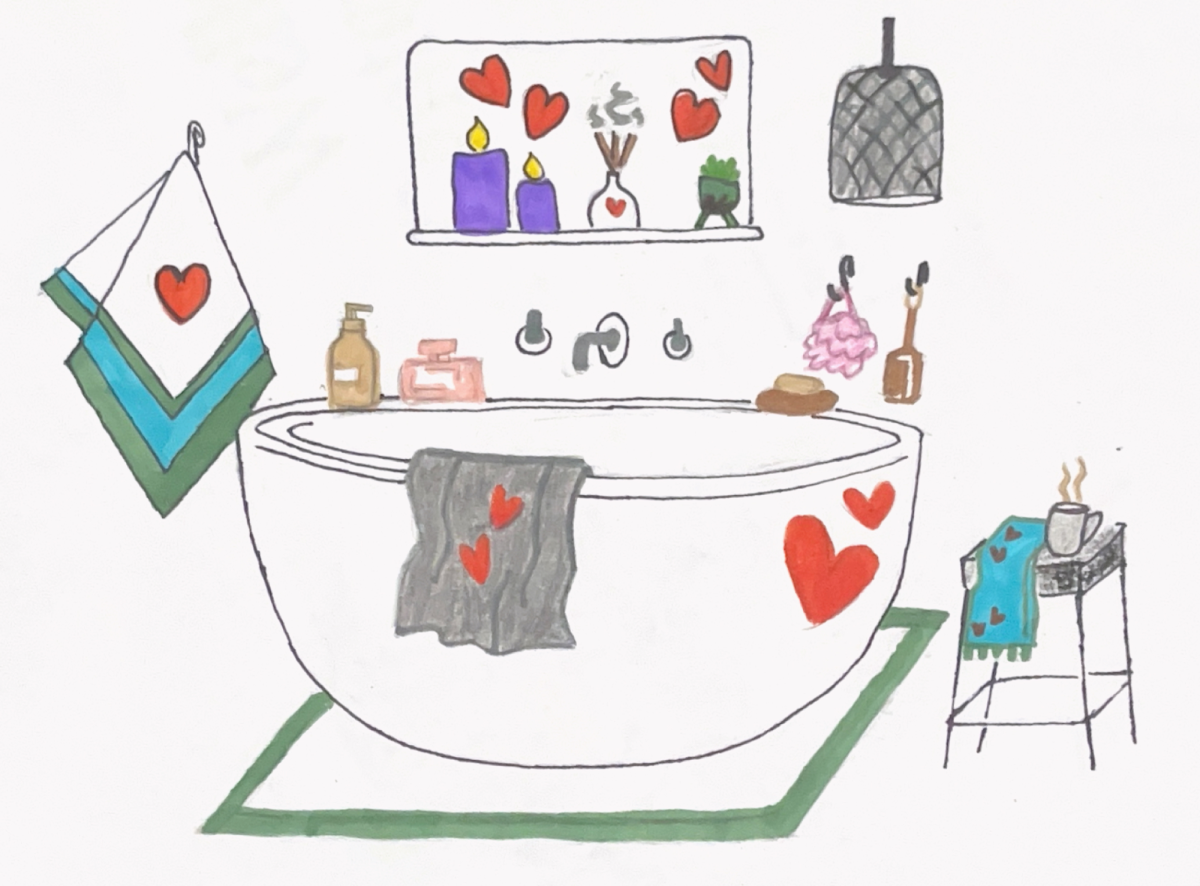With a gleam in his eye, history teacher Kirk Abe fanatically waves his drum sticks as a pointer for his lecture about Industrialism’s impact on European countries.
While being a history teacher may be Abe’s primary job, he spends most of the remaining time with family and music.
He is a drummer in two jazz bands, the Footnotes, which has about 15 members, and LARK (an acronym for the band members’ names), a quintet (formerly a quartet). He also fills in as a freelance drummer for other bands.
Since his youth, Abe has played the drums. Popular rock bands like Rush were part of the rock music trend during Abe’s teen years, and they influenced him to become a musician. He transitioned to playing the drums in jazz music and now practices anywhere from half an hour to an hour most days.
“[Music] allows people to express themselves in a different way,” Abe said. “It allows for experimentation.”
As of now, Abe is content playing in the two separate bands. The Footnotes and LARK rehearse once a week. LARK performs about once a month at places like cafes, and the Footnotes perform whenever they are hired.
Abe said that their music is intended for people of all ages. He enjoys playing in these bands because the pieces they select are distinctive.
“There’s a standard repertoire of songs that jazz bands play,” Abe said, “but we try to choose ones that are not played a lot.”
As a freelance jazz drummer, Abe can fill in missing drummer spots within all bands. He said that it is common for jazz musicians to freelance.
Musicians can also play jam sessions in public places such as restaurants. At one of those jam sessions, Abe met Jeff Ballard, one of the top jazz drummers in the world.
“It was like playing in a basketball game and [hearing], ‘Steph Curry’s here, and he’s going to be playing in the pickup game,’” Abe said. “I totally froze up.”
From these experiences, Abe has gained respect for all musicians. He even helps the jazz bands at Saratoga High School by sharing his experiences from gigs and giving advice on what to look for in songs.
“I have appreciation for students who are in the music program,” Abe said. “And I definitely have appreciation for all the hard work the music teachers here in our music program devote to music.”
His love for music extends into the classroom, as shown through his musical references during his lectures. In his World History class, while teaching units like Imperialism, Abe uses music to tell about history.
Looking back, Abe believes he has found a balance between teaching and music. He encourages student musicians to continue playing music as adults, even if it is simply a hobby.
“Later on, you’ll be able to play it and have fun, even when you’re old,” Abe said. “There would be an empty space [in my life] if I didn’t have jazz.”


